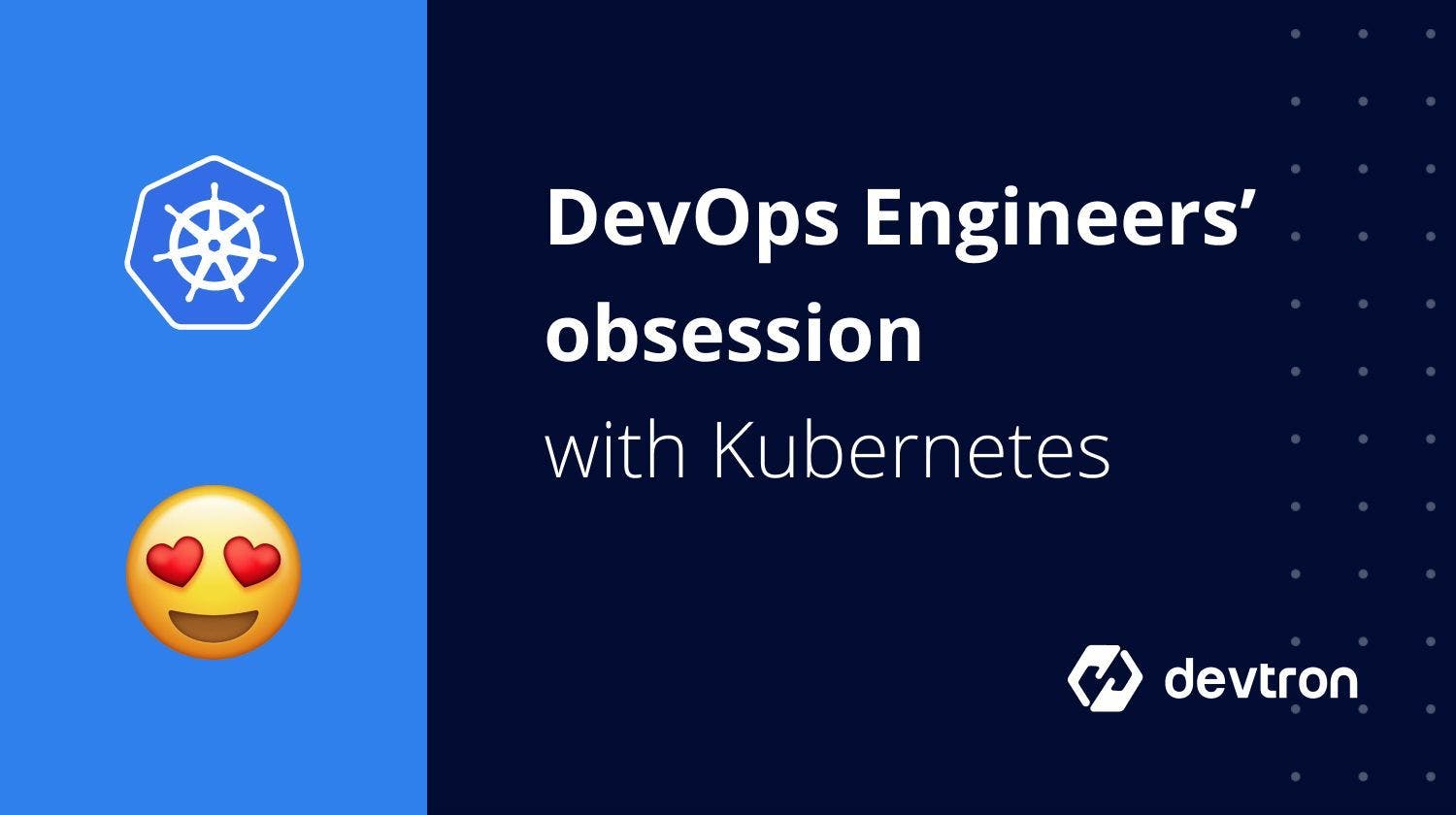489 reads
Why DevOps Engineers are so Obsessed with Kubernetes
by
May 20th, 2021

Redefining the paradigm of #DevOps. It automates #ReleaseOrchestration of Applications on #Kubernetes.
About Author
Redefining the paradigm of #DevOps. It automates #ReleaseOrchestration of Applications on #Kubernetes.
